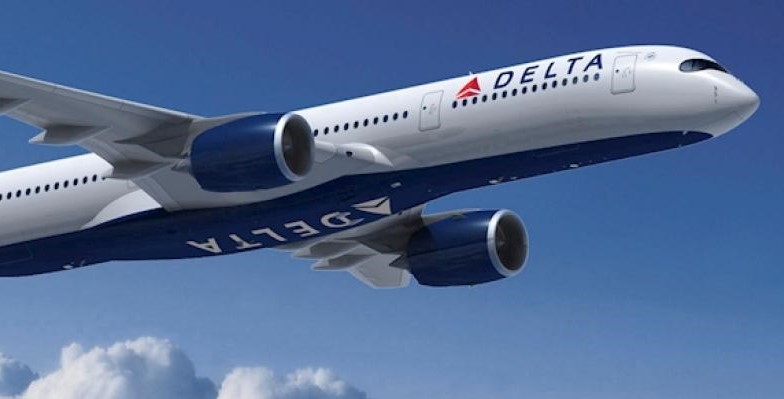Delta looks to power planes using forest debris
17 September, 2019
3 min read


Delta Air Lines is looking into establishing a biofuels plant in Washington state that would use debris on forest floors to produce fuel for its US West Coast operations.
The US carrier is investing $US2 million to partner with Northwest Advanced Bio-Fuels to look at the production of sustainable aviation fuel for its operations in operations Seattle, Portland, San Francisco and Los Angeles.
READ: Travel agent charged over scamming 42 million Delta points
Sustainable aviation fuels are still seen as a major weapon in global moves by the aviation industry to significantly cut emissions but there have been difficulties attracting government support.
Delta expects the feasibility study to be completed by the middle of 2020 at which point the carrier will evaluate its next move. If it proceeds, the first fuel potentially delivered by the end of 2023.
It says the project could provide 10 percent of its annual jet fuel consumption on the West Coast and could become a blueprint for future carbon reduction projects.
An added benefit, according to Delta management, is that the project would reduce wood residuals in forests. These can increase potential fire hazards and inhibit future tree growth.
Research at Washington State University has also demonstrated that using forest harvest residuals to create biofuel is also a job generator in the rural and timber-dependent regions of the Pacific Northwest.
"While Delta continues to take actions toward our long-term goal of reducing carbon emissions by 50 percent by 2050, fuel is a key area where we are examining opportunities to create real sustainability differences and drive accountability across the entire business as we lower our environmental impact," said Alison Lathrop, Delta's Managing Director — Global Environment, Sustainability and Compliance.
Delta says it attempts to become more sustainable have reduced carbon emissions by 11 percent since 2005.
It was the first and only U.S. airline to voluntarily cap carbon emissions at 2012 levels by purchasing carbon offsets ahead of the International Civil Aviation Organisation's global CORSIA implementation, which caps international emissions at 2019/2020 levels.
Other sustainability projects include recycling of aluminum cans, plastic bottles, cups newspapers and magazines as well as the removal of single-use plastic items, including stir sticks, wrappers, utensils and straws from its aircraft and Delta Sky Clubs.
In July, Delta flew the first of 20 carbon-neutral new aircraft delivery flights from the Airbus final assembly line in Mobile, Ala., utilizing biofuels and carbon offsets in coordination with AirBP.
Get the latest news and updates straight to your inbox
No spam, no hassle, no fuss, just airline news direct to you.
By joining our newsletter, you agree to our Privacy Policy
Find us on social media
Comments
No comments yet, be the first to write one.

